Kelley Munger and Megan Marcus on SEL for Teachers
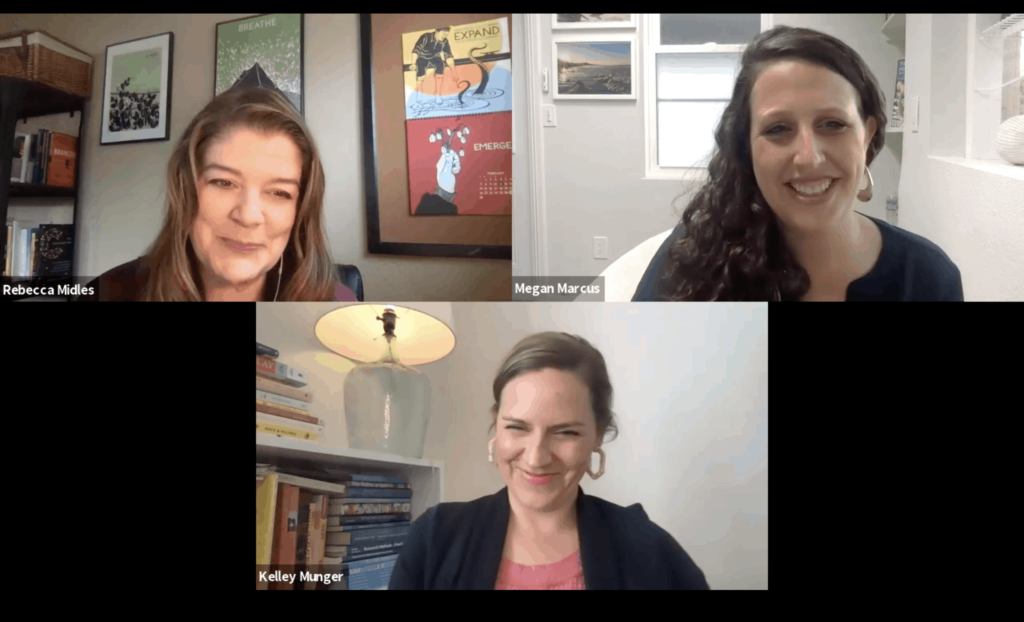
This episode of the Getting Smart Podcast is sponsored by our new report 20 Invention Opportunities in Learning and Development.
On this episode of the Getting Smart Podcast, Rebecca Midles sits down with Megan Marcus and Kelley Munger of FuelEd, professional development consultants that specialize in SEL and relationship building.
Megan is the Founder of FuelED. She started her career in research and helped lead research efforts for the book The Social Neuroscience of Education, written by Dr. Louis Cozolino. She is also an Ashoka Fellow.
Kelley completed her PhD in Early Intervention and Special Education at the University of Oregon and is a researcher and licensed therapist working in the areas of trauma, adult attachment, special education, and human development.
Let’s listen in as they talk about the intersections of whole-child and SEL, how to best develop teachers and leaders and where educators can start.
From the FuelEd website: FuelEd “is a non-profit organization whose mission is to grow emotionally intelligent educators who build relationship-driven schools. Their vision is a world where educator training and support is reimagined to prioritize educators’ emotional intelligence, emotional health, and interpersonal skills. They have been featured as a recommendation in national scans and policy briefs by The Aspen Institute’s National Commission on Social, Emotional, and Academic Development, Education First, and Teach Plus.”
Kelley Munger and Megan Marcus have experience in research, psychology and the classroom. These experiences have enabled them to better define and implement SEL practices for educators. In the podcast, they reflect on the distinctions between whole-child, SEL and trauma-informed practices. “SEL focuses more on behaviors and skills and trauma broadens SEL by bringing in the story or history that a student/teacher bring into the classroom,” said Megan Marcus.
They also talk about the notion of attachment, the need to experience attachment and the impetus to turn it into relational trust and safety. In the last few years, much of this work has seeped into the public eye through the lens of anti-racism. To do this work, means we must focus on collective healing, racial and identity trauma. “If we’re to grow as anti-racist educators — we have to be able to acknowledge the perspective of somone with anti-racist trauma,” said Megan Marcus.
They also touched on the ways in which SEL practices are similar for adults and students. There are differences in practices today, but they shouldn’t be different. There is an emphasis on skill building, for students this is often a worksheet. Kelley and Megan advocate for teaching it as a skill that is actually developed, rather than just cognitively learned.
The real skill in empathy is mirroring/role modeling. It’s important that educators show joy and show sorrow with their students. Through these practices educators can better increase self-awareness, honest conversation and provide secure relationships.
Mentioned in This Episode:
- Rebecca Midles | Getting Smart
- FuelEd
- Megan Marcus
- Kelley Munger
- The Social Neuroscience of Education: Optimizing Attachment and Learning in the Classroom, by LouisCozolino
This episode of the Getting Smart Podcast is sponsored by our new report 20 Invention Opportunities in Learning and Development.


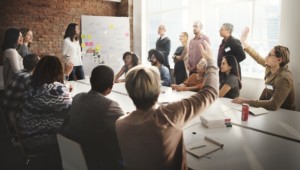
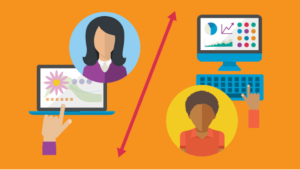
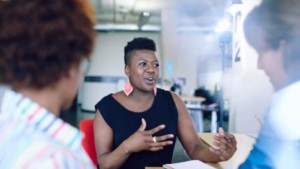
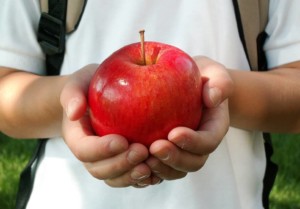
0 Comments
Leave a Comment
Your email address will not be published. All fields are required.